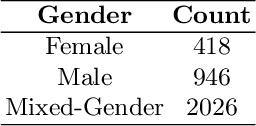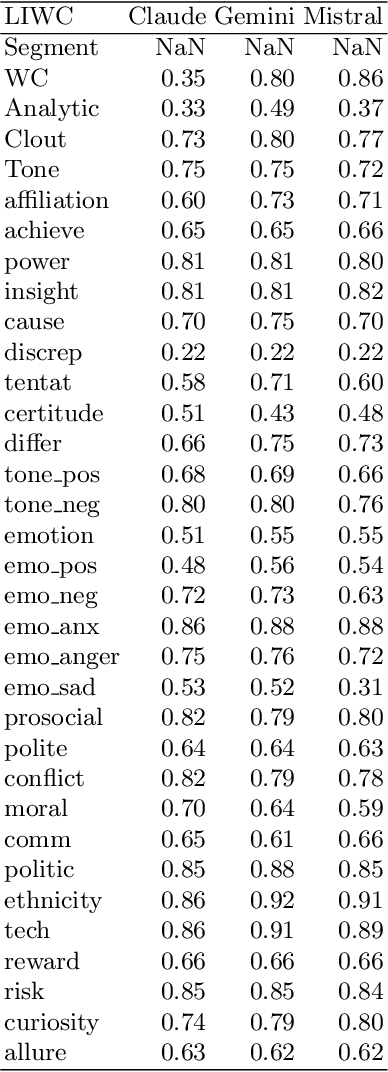Naseela Pervez
Artificial Intuition: Efficient Classification of Scientific Abstracts
Jul 08, 2024



Abstract:It is desirable to coarsely classify short scientific texts, such as grant or publication abstracts, for strategic insight or research portfolio management. These texts efficiently transmit dense information to experts possessing a rich body of knowledge to aid interpretation. Yet this task is remarkably difficult to automate because of brevity and the absence of context. To address this gap, we have developed a novel approach to generate and appropriately assign coarse domain-specific labels. We show that a Large Language Model (LLM) can provide metadata essential to the task, in a process akin to the augmentation of supplemental knowledge representing human intuition, and propose a workflow. As a pilot study, we use a corpus of award abstracts from the National Aeronautics and Space Administration (NASA). We develop new assessment tools in concert with established performance metrics.
Inclusivity in Large Language Models: Personality Traits and Gender Bias in Scientific Abstracts
Jun 27, 2024



Abstract:Large language models (LLMs) are increasingly utilized to assist in scientific and academic writing, helping authors enhance the coherence of their articles. Previous studies have highlighted stereotypes and biases present in LLM outputs, emphasizing the need to evaluate these models for their alignment with human narrative styles and potential gender biases. In this study, we assess the alignment of three prominent LLMs - Claude 3 Opus, Mistral AI Large, and Gemini 1.5 Flash - by analyzing their performance on benchmark text-generation tasks for scientific abstracts. We employ the Linguistic Inquiry and Word Count (LIWC) framework to extract lexical, psychological, and social features from the generated texts. Our findings indicate that, while these models generally produce text closely resembling human authored content, variations in stylistic features suggest significant gender biases. This research highlights the importance of developing LLMs that maintain a diversity of writing styles to promote inclusivity in academic discourse.
 Add to Chrome
Add to Chrome Add to Firefox
Add to Firefox Add to Edge
Add to Edge